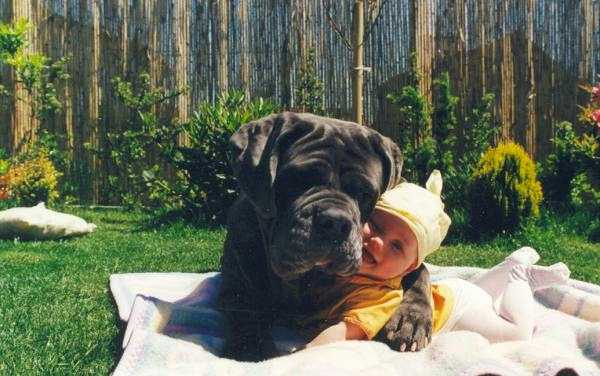Worms in Dogs – Causes, Treatments and Prevention
Written by: Anastasia Spevakina
WORMS cause heavy damage to dog’s health. Dogs become more susceptible to infectious diseases and allergies. Puppies, infected with worms, look exhausted and have problems with growth.
Unfortunately, it’s impossible to get rid of helminths once and forever!Infection occurs constantly: through contact with other animals, feces, even through water and food. But you still can help your dog and give him anthelmintics at least two times a year. Fight against intestinal worms must be regular and continuous!
Signs and symptoms of helminths in dogs and puppies
Noticing the deterioration of dog’s health and any symptoms of infection, you have to start preventive actions immediately. Of course, we must act before the problem occurs, but we will cover these actions later.
Main symptoms of worms:
- Great increase of the appetite, but loss of weight;
- vomiting, diarrhea and constipation;
- anemia (pale mucous membranes);
- blood, mucus, or even parasites in the faeces;
- dim wool;
- tendency to dermatitis and other skin diseases.
Treatment of helminths
If the dog is infected with intestinal worms,treatment is usually limited to taking anthelmintic medicine. In difficult cases, when dogs are in very bad condition, you have to be extremely careful and neat. Anthelmintic drugs kill worms, but parasites can continue to poison the dog’s body. If you don’t help the dog to get rid of dead worms, he can have intoxication (poisoning). If the dog is not able to get rid of toxic parasites on his own, you must give him a laxative or enema.
It’s not a joke! Dying, worms become hard and straight, like sharp needles . And now imagine what your dog has inside his stomach. Worms pierce mucosa, cause bleeding and make dogs die. When there are too many worms, they can be woven into a ball and block the intestines.
Puppies must get medicine against helminths, when they are 3 and 5 weeks old. After puppies reach the age of 6 months, dehelminthization is performed once a month. Adult dogs can be treated twice a year.
Dehelminthization procedures must be constant, because any anthelmintic medicine kills only adult worms, eggs of helminths are still very stable. When these eggs develop and grow, but don’t have their own eggs yet, it’s time when they can be killed completely. The issue is that to know this exact time is almost impossible.
Medicine against helminths
MILBEMAKS (France): milbemycin oxime + praziquantel
DOSALID (Spain) : pyrantel pamoate + epsiprantel
TRIANTELM (Austria) : oksantel pyrantel pamoate + pamoate + praziquantel
KANIKVANTEL PLUS (Germany) : fenbendazole + praziquantel
TSESTAL PLUS (Hungary): fenbendazole + pyrantel pamoate + praziquantel
After giving the medicine, try to keep track of the results. If there was a small amount of parasites, they will not be seen in the feces. But if there was a big amount, you will notice appearance of the mucus or worms and their fragments output.
It’s important to determine what species of parasites dogs have, to be able to give the right medication. But anyway, the dog must have medical checkups in a vet clinic, and all medication will be subscribed by a veterinarian.
Read Also : 10 Myths About Dogs

